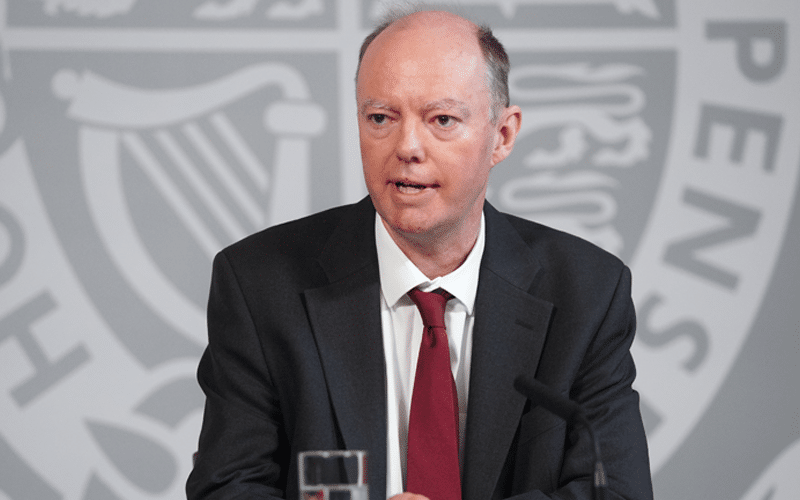England’s Chief Medical Officer has admitted that he was wrong to state that Kim Leadbeater’s assisted suicide Bill requires greater mental capacity to be demonstrated than is needed for less serious, medical decisions.
Last month, Professor Sir Chris Whitty told the Committee tasked with scrutinising the Bill that the Mental Capacity Act (MCA) on which the Bill relies carries an “absolute expectation” that “the more serious the decision, the greater the level of capacity that someone needs to have”.
But after capacity law expert Alex Ruck Keene KC pointed out this was “not accurate”, on Wednesday Prof Whitty wrote to MPs to acknowledge he could have phrased his evidence “more clearly”.
Capacity
In its current form, the Leadbeater Bill would allow patients in England and Wales diagnosed as terminally ill and predicted to have less than six months to live to receive help to kill themselves.
The Bill uses a test from the MCA to assess whether someone is able to make the decision, but there is no stricter test for more serious decisions of this kind.
The Chief Medical Officer’s strong defence of the MCA stood in marked contrast to other experts.
The Royal College of Psychiatrists maintains that the Act is “not sufficient for the purposes of this Bill”. Its representatives told the Committee the mental capacity test is too weak to ensure someone was fully capable of opting for assisted suicide.
No safeguards
A committee of MPs is currently in the process of considering more than 400 amendments to the Bill.
Earlier this week Lib Dem MP Sarah Olney’s amendment for the Bill to require ‘ability’ to opt for assisted suicide rather than the lower threshold of ‘capacity’ was rejected.
Pro-Bill MP Neil Shastri-Hurst also admitted that he has “no personal, moral objections to somebody who has a terminal illness, who suffers from depression” receiving assisted suicide if they are deemed to have capacity.
Danny Kruger MP told The Telegraph Sir Chris’s correction had come “too late for MPs who voted against our amendments based on his assertion that the MCA explicitly requires a higher degree of capacity for a more serious decision. As he admits, it doesn’t.”
Dangerous Bill
Kruger, the leading opponent of the Bill, continued: “The MCA assumes the patient has capacity unless there is evidence they don’t; and it still assumes capacity even when there is evidence of impaired judgment, depression, loneliness, or wanting to die because they feel a burden.
“The MCA is inadequate to the task, and the Bill is dangerous.”
Kim Leadbeater’s Terminally Ill Adults (End of Life) Bill, passed its Second Reading in the House of Commons on 29 November 2024 by 330 votes to 275.

